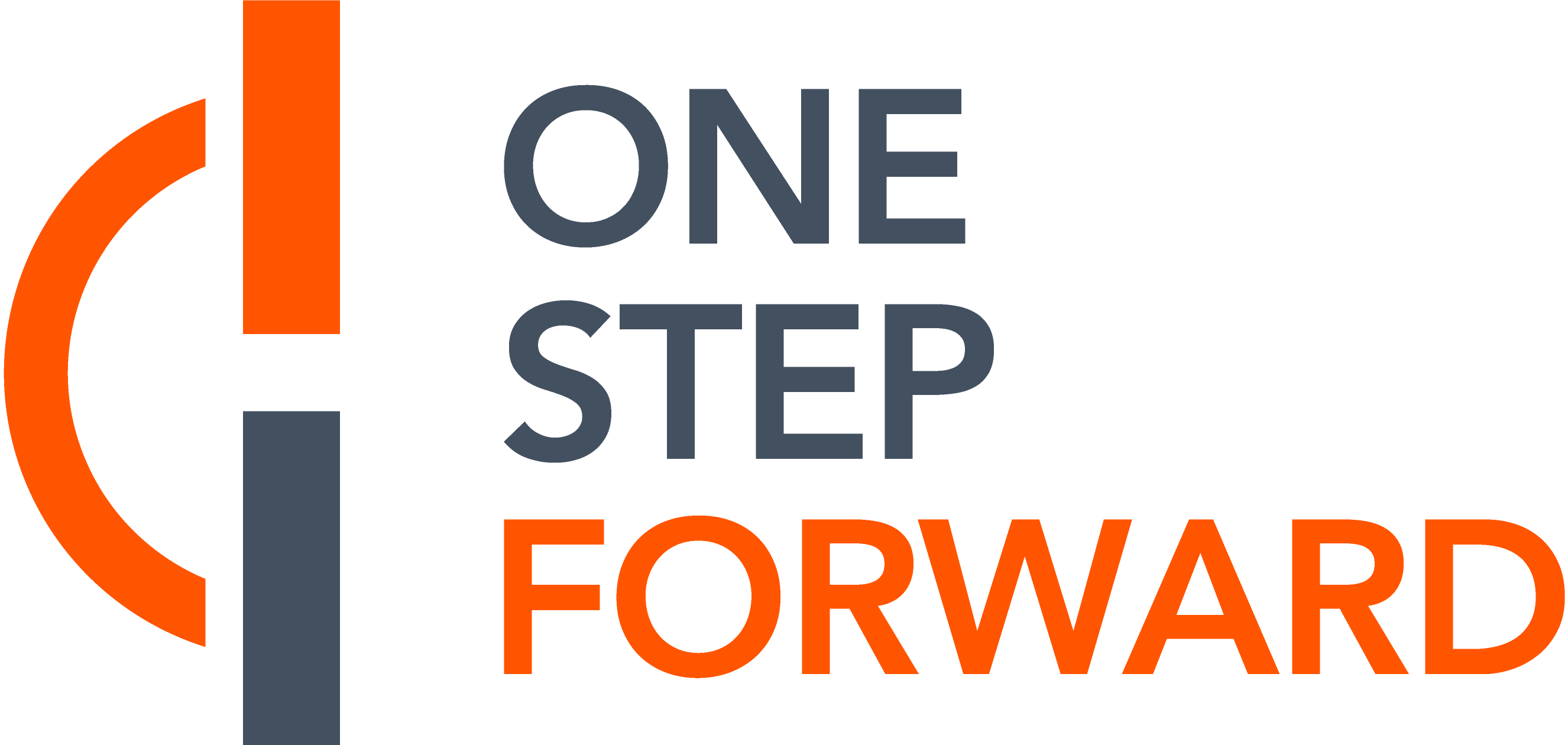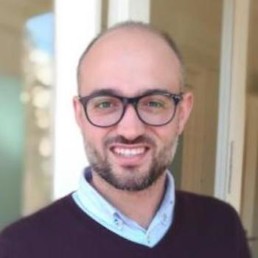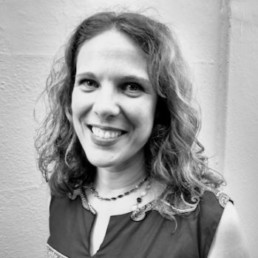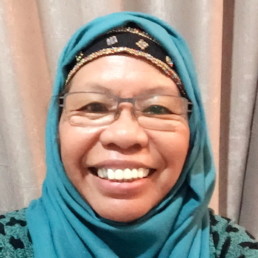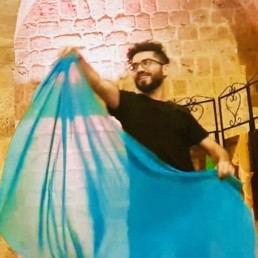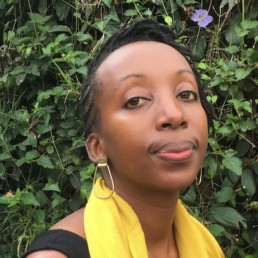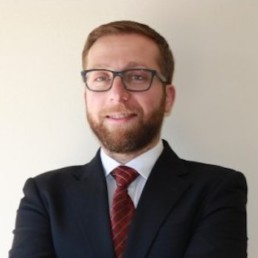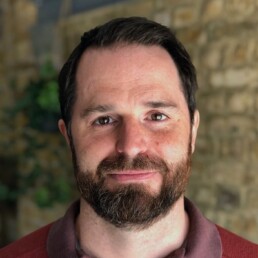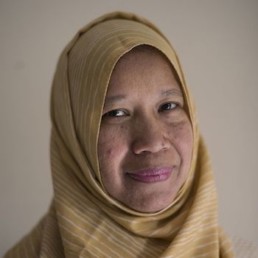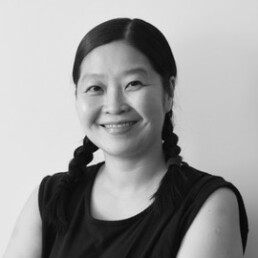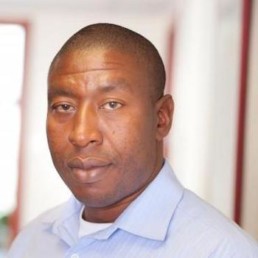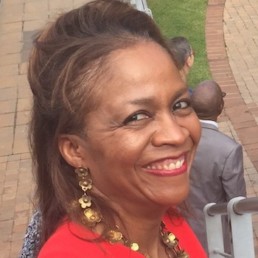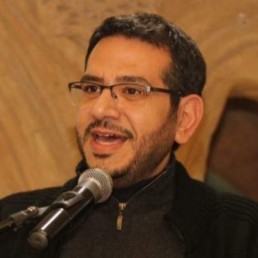Episode notes
Assaad is best-known in Lebanon for an open letter in 2000, in which he apologised for what he’d done with the Lebanese Forces, a prominent Christian militia responsible for its share of atrocities.
This has been followed by nearly twenty years of philanthropic work. Much of it has been in partnership with other former combatants, through the organisation Fighters for Peace. He has also been involved with a range of initiatives seeking to unblock social dialogue more broadly.
His auto-biography La vérité meme si ma voix tremble is available in French and Arabic.
Topics discussed:
[02:20] Goals in working with other ex-combatants to reach younger generations. Peacebuilding as change at the level of moral values.
[08:00] Assaad’s background during the Lebanese civil war. A period in the wilderness as a “traitor”. Early interactions with Moral Rearmament / Initiatives of Change.
[19:00] Dialogue across conflict lines, starting at an informal level. The gradual evolution of Assaad’s own attitudes and beliefs, before thinking about reaching agreement on tough issues.
[24:30] Moving from a private change to public actions. A famous (and very controversial) open letter in 2000 expressing regrets, and ruptured relationships with many on his “side” of the civil war.
[32:30] Experiences with Fighters for Peace. “What works” in changing mindsets and behaviours for younger generations, and the impossibility of knowing for sure whether you’ve made a difference.
[40:45] Changes at a societal level in Lebanon over the last twenty years. What’s (still) wrong with political and media discourse.
[44:50] Why the Fighters for Peace “model”, with ex-combatants in the leading role, has special power. The limitations of encouraging reflection and dialogue in the face of widespread social trauma.
[50:50] Personal responsibility in conflict situations. Our expectations about the weight that individuals can carry, and what brought Assaad himself to pay the price of activism.
